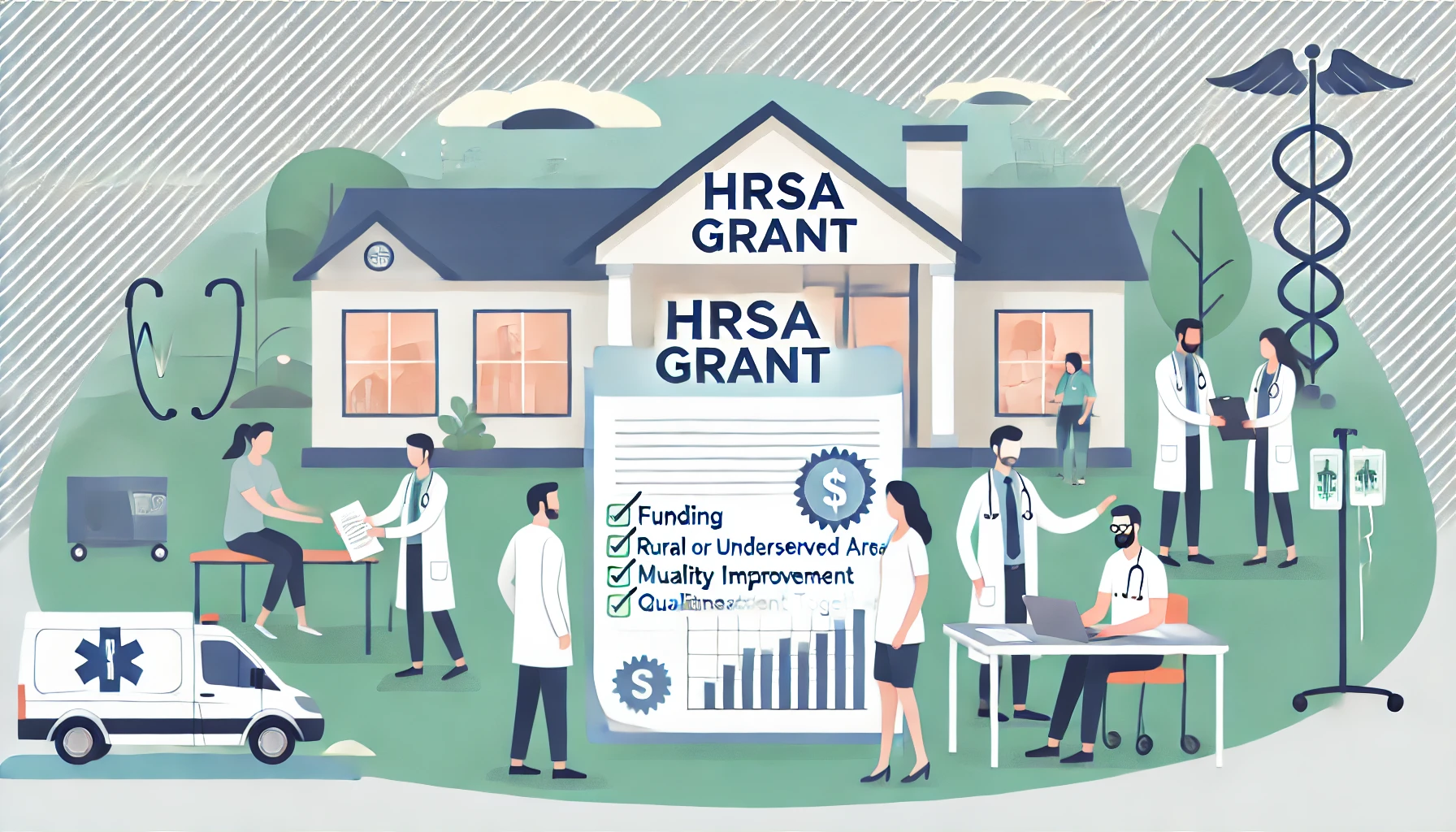
Table of Contents

AI in healthcare promises enhanced diagnostics but raises ethical concerns about clinical judgment, privacy, and the balance between technological innovation and human expertise.
AI in healthcare promises enhanced diagnostics but raises ethical concerns about clinical judgment, privacy, and the balance between technological innovation and human expertise.
AI in Healthcare: Balancing Innovation, Ethics, and Professional Trust
In the rapidly evolving landscape of healthcare technology, artificial intelligence (AI) stands at a critical crossroads of innovation and ethical consideration. A comprehensive study published in Cureus provides fascinating insights into how healthcare professionals perceive the transformative potential and complex challenges of AI integration.
The Promise and Perils of AI in Healthcare
The digital revolution is reshaping healthcare, with AI emerging as a powerful tool that could fundamentally reimagine patient care, diagnostics, and medical decision-making. However, this technological leap is not without its significant challenges and potential pitfalls.
Key Professional Perspectives
The research reveals a nuanced view among healthcare professionals, highlighting both excitement and reservation about AI's role. Key findings include:
- Potential for Enhanced Diagnostics: Many professionals recognize AI's capacity to process complex medical data with remarkable speed and accuracy
- Concerns About Clinical Judgment: Significant apprehension exists about AI potentially replacing human clinical reasoning
- Ethical Considerations: Questions about patient privacy, data security, and algorithmic bias remain paramount
Trust and Technology: A Delicate Balance
At Medplace, we understand that peer review is crucial in maintaining professional standards and patient safety. AI presents both an opportunity and a challenge in this context. While AI can provide extraordinary analytical capabilities, it cannot replace the nuanced judgment of experienced healthcare professionals.
Potential AI Applications in Healthcare
Despite concerns, several promising areas for AI integration are emerging:
- Early disease detection
- Personalized treatment planning
- Administrative workflow optimization
- Predictive healthcare analytics
Navigating Ethical Complexities
The integration of AI into healthcare demands a multifaceted approach that prioritizes:
- Transparent Algorithmic Processes
- Rigorous Data Privacy Protections
- Continuous Professional Training
- Interdisciplinary Collaboration
The Role of Independent Peer Review
Our platform at Medplace emphasizes the importance of independent peer review in validating and contextualizing AI-generated insights. By connecting healthcare providers across 132 specialties, we ensure that technological innovations are scrutinized by seasoned professionals who understand both the potential and limitations of emerging technologies.
Looking Forward: Collaborative Innovation
The future of healthcare lies not in choosing between human expertise and artificial intelligence, but in creating synergistic models that leverage the strengths of both.
"AI should be viewed as a sophisticated tool that augments human capabilities, not a replacement for professional medical judgment." - Research Insights
Practical Recommendations
Healthcare organizations should:
- Develop robust AI governance frameworks
- Invest in continuous professional education
- Implement rigorous peer review processes for AI technologies
- Maintain patient-centric approaches
Original research source: Cureus Research Article

Unlocking Funding: A Guide to Health Resources and Services Administration (HRSA) Grants
Use HRSA grants to fund external peer review programs that enhance care quality, reduce bias, and support compliance in health centers.
.png)
.png)

Understanding Critical Access Hospitals: Definition, Criteria, Requirements, and Medicare Designation
A brief summary of CAH requirements and Medicare Designation.
.png)
.png)

Strategies to Improve the Quality of Care and Patient Safety
Healthcare orgs improve care quality through structured programs, with external peer review adding objectivity, expertise, and efficiency to the quality ecosystem.
.png)
.png)



.png)
.png)
.png)






.png)